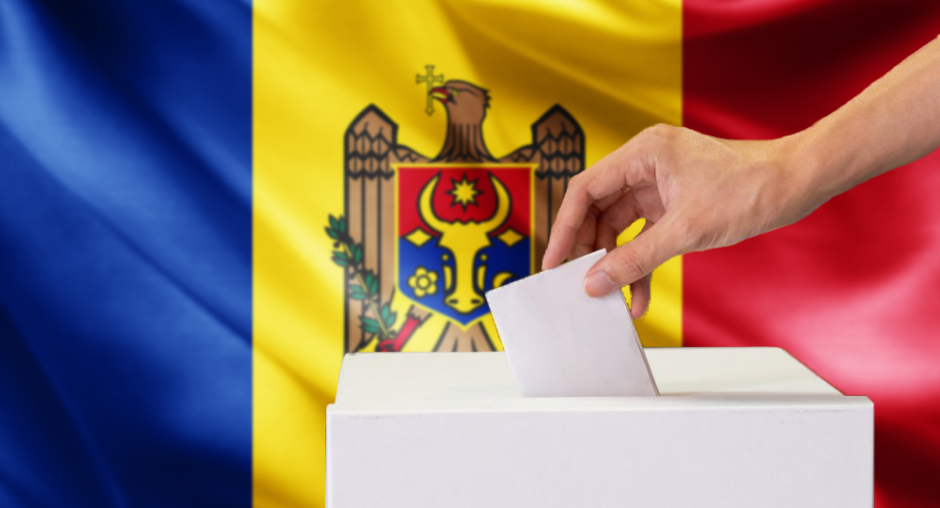
The 2020 presidential election in Moldova was organized professionally despite challenges posed by the COVID-19 pandemic and the negative and divisive campaigning which degraded the quality of information available to voters. There were distinct political alternatives to choose from although allegations of vote-buying persisted throughout.
These are some of the main conclusions from the final report on Moldova’s presidential election of 1 and 15 November 2020, as published by the OSCE Office for Democratic Institutions and Human Rights (ODIHR).
The report provides 24 recommendations to improve the conduct of elections and bring them fully in line with OSCE commitments and other international standards.
Recommendations
Key recommendations include:
- Reviewing the legal framework in order to eliminate remaining gaps and inconsistencies including those related to the misuse of administrative resources, undue influence on public-sector employees and organized transportation of voters in connection with vote-buying
- Further strengthening campaign financing rules through measures such as regulating candidates’ own contributions, ensuring an effective oversight mechanism, and limiting donations from political parties and involvement of third-parties
- Harmonizing laws to ensure timely resolution of all election-related disputes by the election administration and courts
- Providing adequate protection of voters’ personal data and ensuring that they are able to cast their votes free of any undue influence, in polling stations which meet the established minimum standards
The ODIHR Limited Election Observation Mission for the 1 November 2020 presidential election in Moldova took up its work 22 September 2020 and remained in the country until 25 November to observe the second round. All 57 countries across the OSCE region have formally committed to following up promptly on ODIHR’s election assessments and recommendations.
